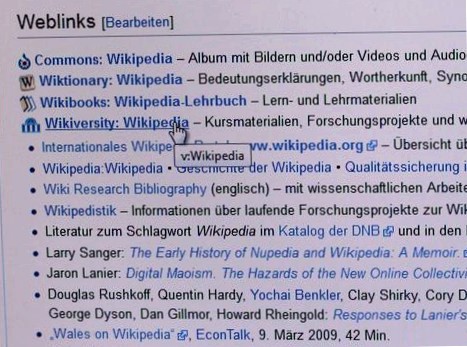Criticism of ancillary copyright also from within the union

"The performance protection law inhibits innovation. It doesn’t demand it," the CDU-affiliated association cnetz titled a contribution sharply criticizing the initiative of the black-yellow government coalition. A performance protection law must not affect the fundamental right to freedom of information or the right to freedom of opinion, demands the association for network policy, founded in april.
New laws to protect the rights of authors and artists had to reduce existing legal uncertainties on the internet, demand conservative net politicians. "There are considerable doubts as to whether this will be ensured by the draft legislation presented."Links to articles from media publishers and quotes from them had to remain free as a matter of principle. "All those who link to press articles also provide a service for press publishers, because they make their content better known."
Criticism of the plans has also been voiced by grid activists and business associations. The federation of german industries (BDI) wrote to the federal government this week urging it to abandon the proposed legislation. There is insufficient legitimacy for a performance protection law, and the draft for the planned law contains "numerous problematic regulations and vague provisions that raise fundamental questions.
The planned law stipulates that commercial internet providers, commercial news portals and search engines must pay press publishers in the future if they use their journalistic articles for their own offerings. The new performance protection law is intended to give media a share of the profits made by search engines like google, among other things. With this, the black-yellow coalition fulfills a demand from the german newspaper and magazine industry.